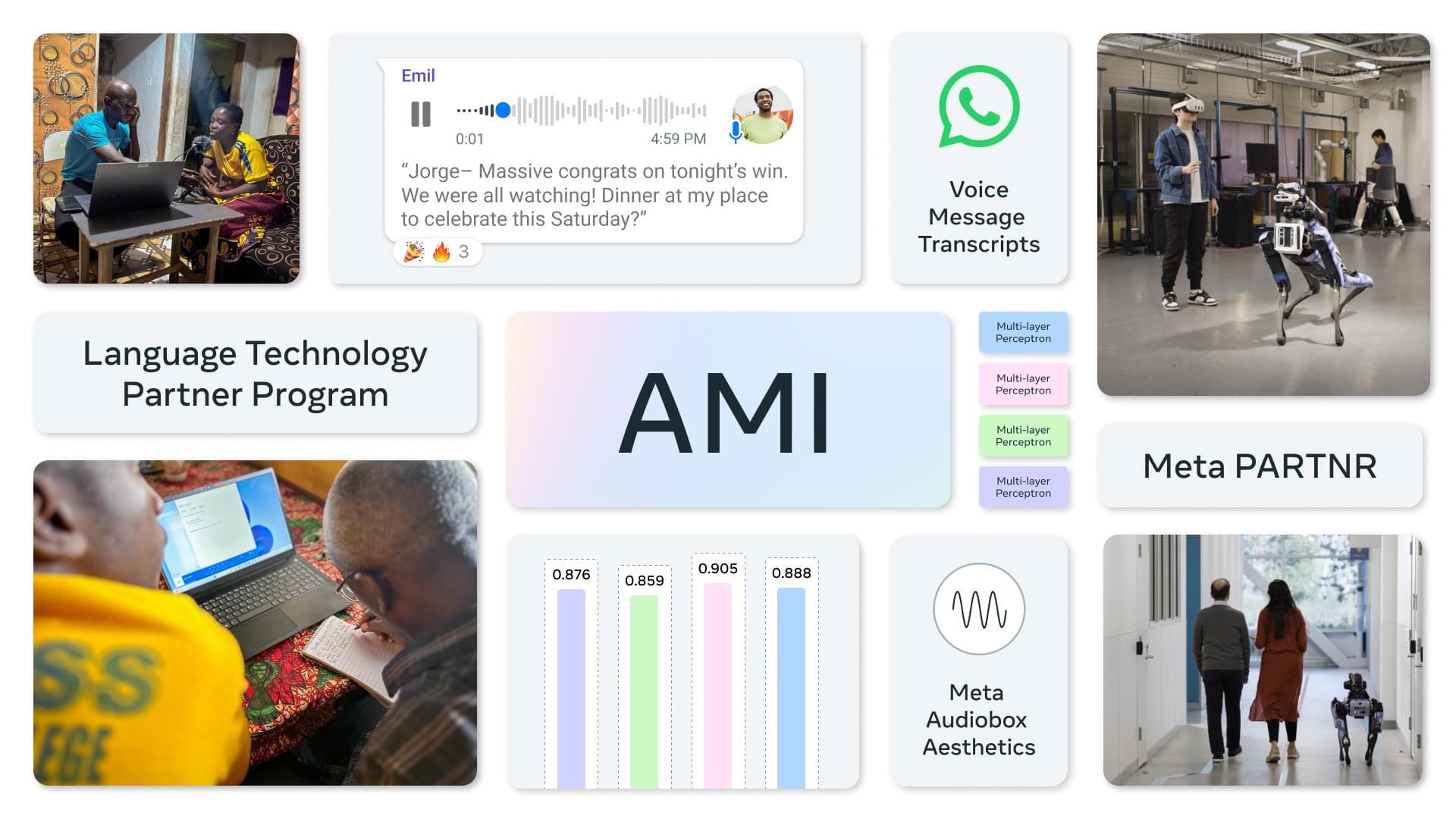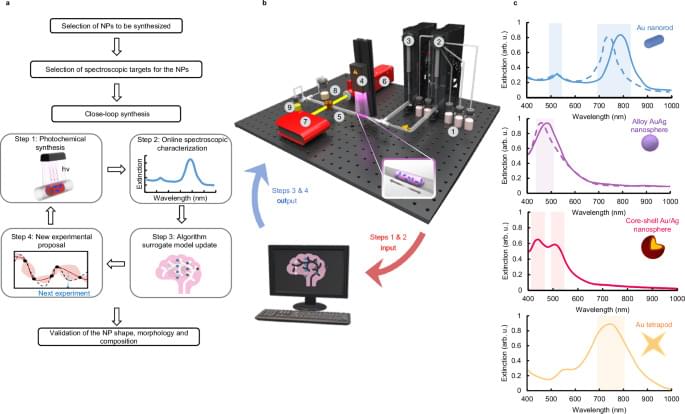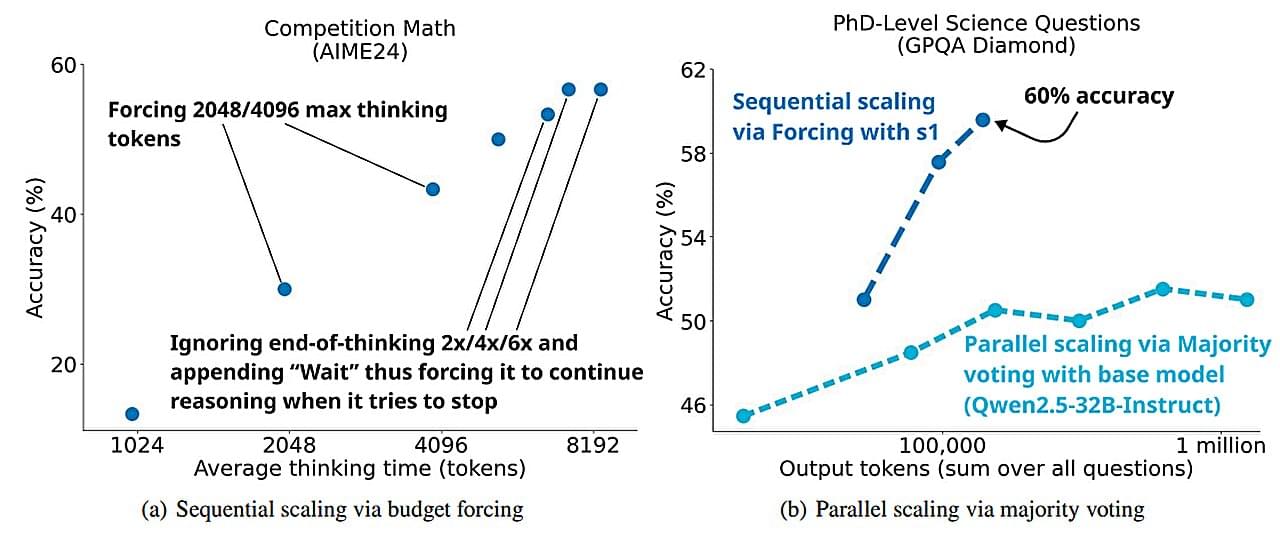Meta FAIR is sharing some of our most recent research and models that support our goal of achieving AMI, and our long-held commitment to sharing open and reproducible science.



Manu Prakash, an assistant professor of bioengineering at Stanford, and his students have developed a synchronous computer that operates using the unique physics of moving water droplets. Their goal is to design a new class of computers that can precisely control and manipulate physical matter. For more info: http://news.stanford.edu/news/2015/ju…
Music: “Union Hall Melody” by Blue Dot Sessions.




A small team of AI researchers from Stanford University and the University of Washington has found a way to train an AI reasoning model for a fraction of the price paid by big corporations that produce widely known products such as ChatGPT. The group has posted a paper on the arXiv preprint server describing their efforts to inexpensively train chatbots and other AI reasoning models.
Corporations such as Google and Microsoft have made clear their intentions to be leaders in the development of chatbots with ever-improving skills. These efforts are notoriously expensive and tend to involve the use of energy-intensive server farms.
More recently, a Chinese company called DeepSeek released an LLM equal in capabilities to those being produced by countries in the West developed at far lower cost. That announcement sent stock prices for many tech companies into a nosedive.

Extraterrestrial landers sent to gather samples from the surface of distant moons and planets have limited time and battery power to complete their mission. Aerospace and computer science engineering researchers at The Grainger College of Engineering, University of Illinois Urbana-Champaign trained a model to autonomously assess and scoop quickly, then watched it demonstrate its skill on a robot at a NASA facility.
Aerospace Ph.D. student Pranay Thangeda said they trained their robotic lander arm to collect scooping data on a variety of materials, from sand to rocks, resulting in a database of 6,700 points of knowledge. The two terrains in NASA’s Ocean World Lander Autonomy Testbed at the Jet Propulsion Laboratory were brand new to the model that operated the JPL robotic arm remotely.
The study, “Learning and Autonomy for Extraterrestrial Terrain Sampling: An Experience Report from OWLAT Deployment,” was published in the AIAA Scitech Forum.

“The standardization of water-based propulsion is in fact a fundamental step forward to make space technologies more accessible and sustainable, also paving the way for other possible applications,” the researchers concluded.
Several developments have taken place to enhance the efficiency of space propulsion technologies. Recently, scientists tested reflective sails that use the pressure from lasers or starlight to propel spacecraft.
Besides, scientists are also investigating the concept of antimatter rocket propulsion technology to make deep space exploration viable.
